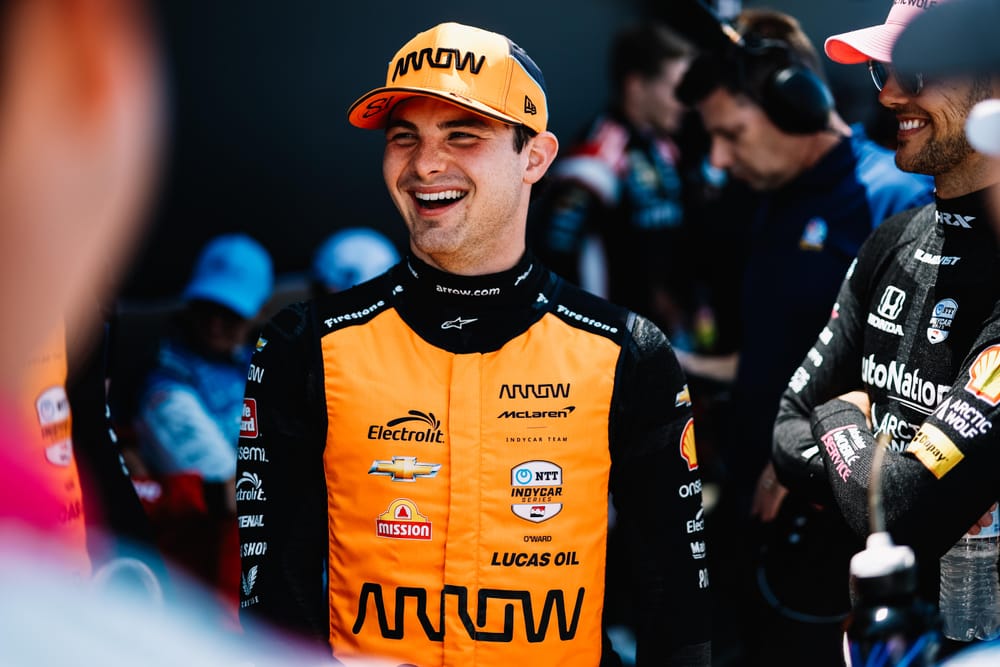Alex Palou’s legal team has denied he should be liable for Pato O’Ward’s Arrow McLaren IndyCar salary rise in its latest defence of a commercial court case in the UK, where McLaren is suing Palou for over $30million.
McLaren issued an amended claim in February this year - making changes and additions to its original filing from August 2023 - seeking damages for Palou’s claimed breach of contract when he didn’t join McLaren for 2024 and instead stayed with current team Chip Ganassi Racing.
Palou has admitted he renounced his contractual obligations to McLaren but pushed back against multiple instances of its claims for compensation.
The reigning IndyCar champion’s legal team has made amendments to its defence based on McLaren’s updated filing, so this is the first chance to see its reaction to some new claims McLaren made, including Palou being accused of being liable for O’Ward’s $10.2m salary increases, and associated losses including $1.5m because engine partner General Motors didn’t consider Palou’s replacement David Malukas to be an ‘A-level’ driver.
Here’s what we learned from Palou’s updated defence, in a court case which has been ongoing for over seven months.
Why did O'Ward get his pay rise?
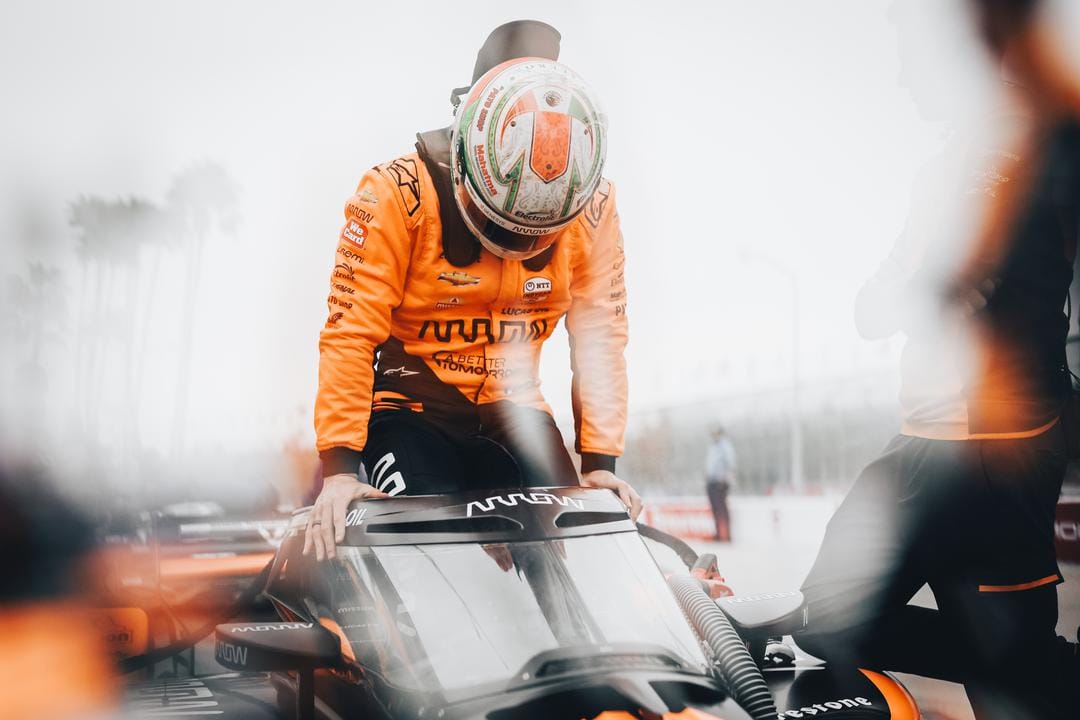
In its amended filing in March, McLaren argued that losing Palou made it necessary to offer O’Ward an improved deal to be sure of holding onto him long term, suggesting not doing so would cause a commercial threat and a concern over remaining competitive in both IndyCar and Formula 1.
O’Ward received a boost of $2m covering 2024 - a season in which he’ll become McLaren’s F1 reserve driver - and 2025, another $4m for 2026 and $4.2m in 2027, totalling $10.2m.
Now that Palou’s team has had a chance to respond, it has immediately denied being liable for this uplift in O’Ward’s salary.
It starts by pointing out that McLaren has signed Malukas as a replacement for Palou, and that it hasn’t pleaded the “facts and matters necessary” to make a case for Palou being liable for O’Ward's new deal, too.
Palou’s defence denies its breaches were the reason for O’Ward’s increase on multiple levels.
Central to its original defence - and this is still the case now - is that Palou blames his breach of contract on McLaren, for what he claims was a failure to support him racing in F1 in the medium- and long-term future.
Correspondingly, his legal team argues that McLaren would have needed the services of O'Ward if it had promoted Palou to F1 anyway.
It also claims O’Ward’s contract is too distant from the Palou dispute, and that McLaren had a “commercial incentive” to secure the best driver possible. It asserts that O'Ward would have been in a position to negotiate uplifts periodically regardless.
Malukas isn't 'A-rated'? So what?

McLaren says it has lost $1.5m in payments from its engine supplier General Motors because Palou’s replacement Malukas is not ‘A-rated’ by GM.
The Malukas element was new in McLaren’s March filing, so Palou’s amended defence was the first chance to see his legal team's reaction.
Significant chunks of the defence here are missing as they are deemed confidential, but we can see that in multiple instances McLaren’s claims are not admitted by Palou.
Palou’s defence has claimed that McLaren has failed to outline the steps it took to replace Palou with another ‘A-level’ driver, before choosing Malukas - who has yet to actually race for McLaren due to a pre-season cycling injury.
Again, in keeping with its stance that Palou broke his contract with McLaren because he didn’t feel the team shared his goal of him racing in F1, Palou’s legal team argues McLaren would have been in the same position of looking for an alternative had it promoted Palou to grand prix racing.
Revenue vs profit
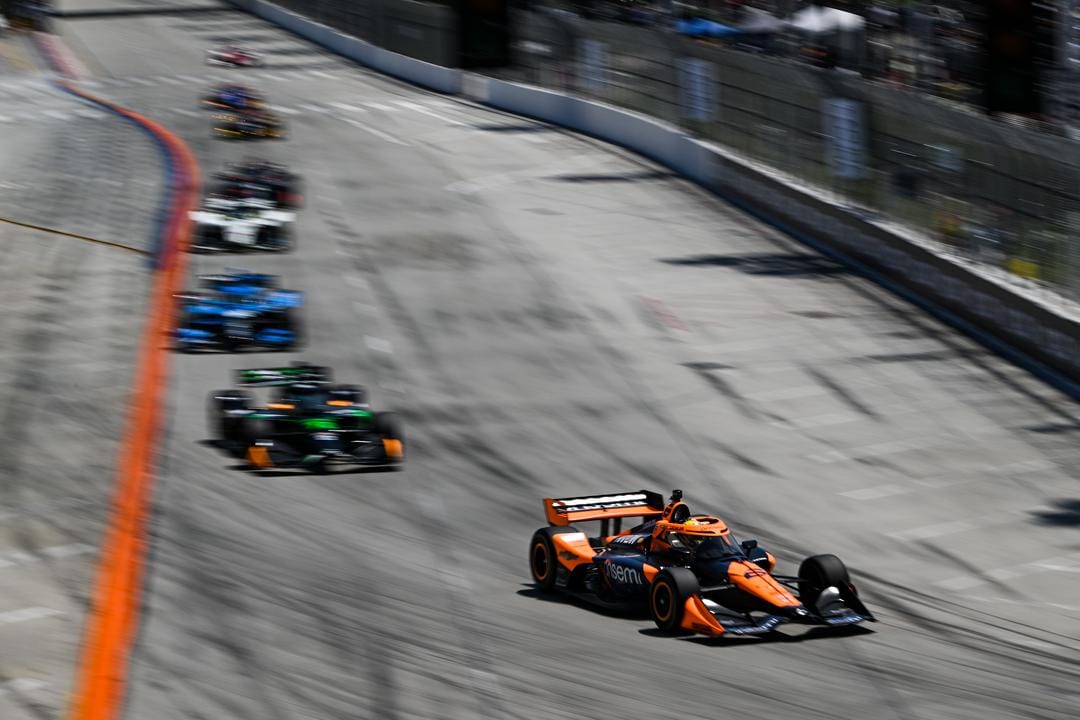
In its original defence, Palou’s legal team denied 'loss of revenue' was the correct term for what McLaren was claiming, insisting that it should be 'loss of profit'.
It argues that McLaren should give credit for any savings or additional costs which have been avoided, using the example of if it acquired a replacement driver at a lower cost than Palou.
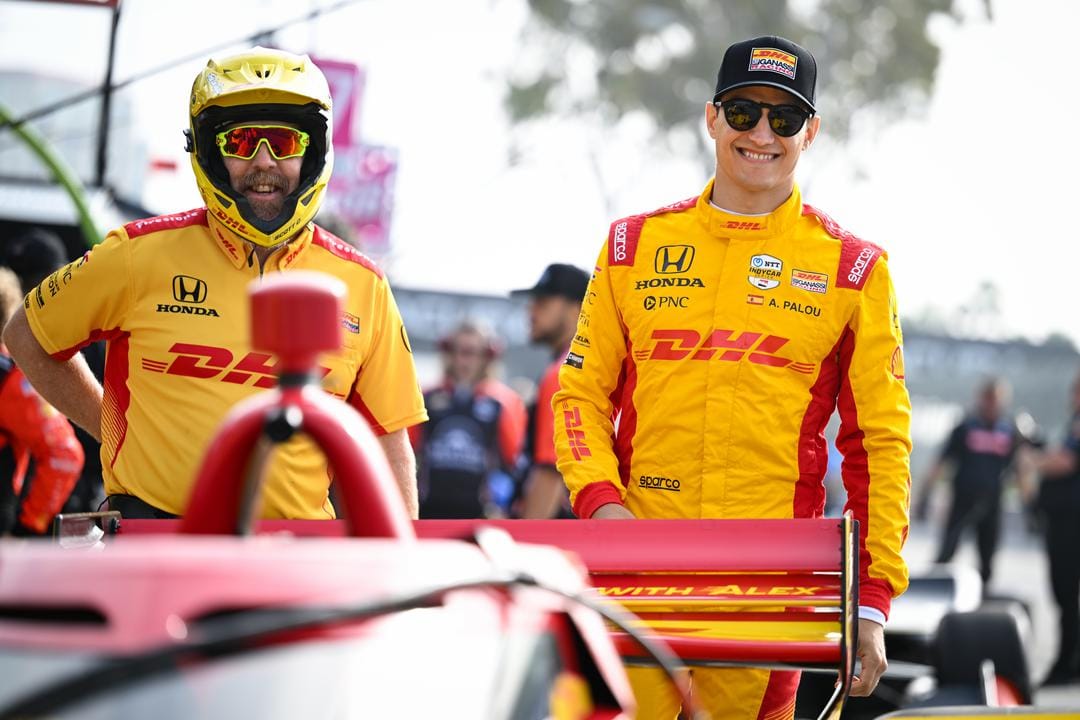
McLaren changed the wording from 'loss of revenue' to 'loss of profit' in its amended filing in March.
Now, in the April riposte, Palou’s lawyers point out that despite that change the amount of alleged losses has in most cases either increased or stayed the same - and say that McLaren needs to show why this is the case.
The NTT factor
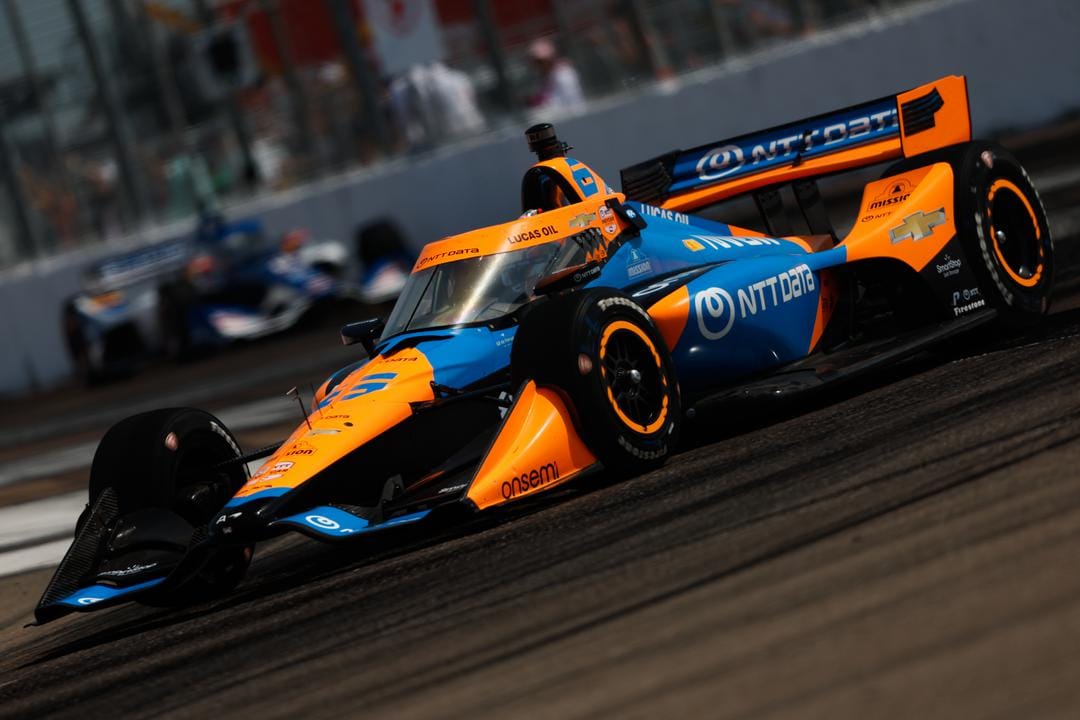
McLaren said in its claim that it had to renegotiate its deal with new sponsor NTT - which sponsored Palou at Ganassi before switching to McLaren last year - amounting to a loss of $5,381,000.
Palou’s lawyers have again asked for further proof as to how the renegotiation was caused by Palou, and to show the steps McLaren has taken to reasonably avoid having to make that renegotiation. It has reserved the right to plead further, putting the ball back in McLaren’s court.
It has questioned McLaren’s decision to renegotiate the deal and claimed Palou is not the “effective or dominant” cause in this instance.

